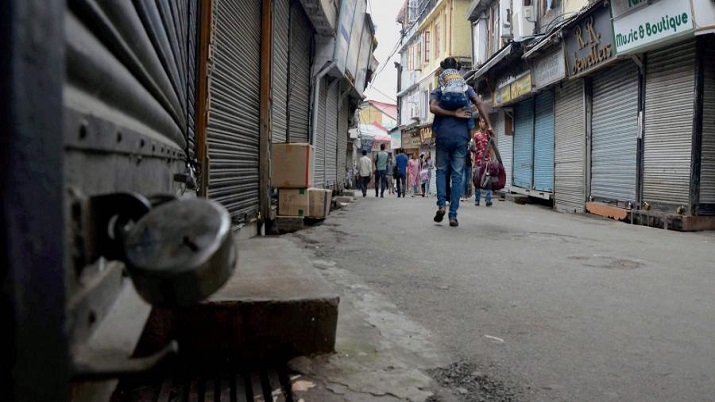A nationwide strike called Bharat Bandh will take place on Wednesday, July 9, 2025. It is being organised by 10 major trade unions along with farmers’ and rural workers’ groups. The protest is against government policies that the unions say favour big companies and harm workers. Organisers expect more than 25 crore workers from different sectors to join the strike, including many farmers and labourers from rural areas.
Who is supporting the Bharat Bandh?
The protest is being led by several prominent national trade unions, including:
- Indian National Trade Union Congress (INTUC)
- All India Trade Union Congress (AITUC)
- Hind Mazdoor Sabha (HMS)
- Centre of Indian Trade Unions (CITU)
- All India United Trade Union Centre (AIUTUC)
- Trade Union Coordination Centre (TUCC)
- Self Employed Women’s Association (SEWA)
- All India Central Council of Trade Unions (AICCTU)
- Labour Progressive Federation (LPF)
- United Trade Union Congress (UTUC)
- What sectors will be affected?
The strike is expected to impact a wide range of sectors, including:
- Banking and financial services
- Postal services
- Coal mining and industrial operations
- State-run transport services
- Public sector undertakings and various government departments
Employees from companies like NMDC and other state-run enterprises in the steel and mineral sectors have confirmed their participation. Harbhajan Singh Sidhu from Hind Mazdoor Sabha said the protest would see “strong participation across industries and services, both public and private.”
Will banks be closed?
Although no separate statement has been issued by banking unions, the bandh organisers have said that financial services will be disrupted. Employees from public sector and cooperative banks are expected to join the strike, which may lead to delays or suspension of services such as cheque clearance, branch operations, and customer support in many regions.
Schools, colleges, and offices: Open or closed?
Most schools, colleges, and private offices are likely to remain open on July 9. However, some areas may experience disruptions due to transportation issues. Public transport, including buses, taxis, and app-based cab services, could be affected due to protest marches and road blockades in various cities. Commuters may face delays, route changes, or longer travel times, so planning ahead is advised.
Will train services be hit?
There is no official railway strike announced. However, widespread protests and blockades may lead to localised disruptions or delays. While railway unions have not joined the bandh, past experiences show that protestors often stage demonstrations near railway stations or tracks, especially in states with a strong union presence. Authorities are likely to increase security at key stations to maintain order and minimise delays. Passengers are advised to stay updated on train schedules.
Why are workers going on strike?
According to the unions, their repeated demands have been ignored by the government. They had submitted a 17-point charter of demands to Labour Minister Mansukh Mandaviya last year, but claim no action has been taken.
“The government has abandoned the welfare state status of the country. It is working in the interest of foreign and Indian corporates, and it is evident from the policies being pursued vigorously,” the union forum stated.
Their key concerns include:
- No Indian Labour Conference held in the last ten years
- Push for four labour codes that weaken workers’ rights and increase working hours
- Promotion of contractual jobs and privatisation
- Ignoring the demand for public sector recruitment and wage hikes
- Providing incentives to employers without addressing youth unemployment
- Farmers and rural workers back the strike
Farmer organisations and rural labour groups have declared their support for the bandh. The Samyukta Kisan Morcha and other agricultural unions plan to mobilise villagers to protest against what they describe as worsening rural distress. They blame the government for:
- Rising unemployment
- Increasing prices of essential commodities
- Reduced spending on health, education, and welfare
- Other concerns raised
The unions have also voiced objections to a number of political and legal issues, including:
- Alleged misuse of constitutional institutions
- The Public Security Bill in Maharashtra, which they say criminalises protests
- Voter list changes in Bihar allegedly targeting migrant workers
- Threats to citizenship rights
They further claim that the four new labour codes passed in Parliament are designed to “suppress and cripple the trade union movement, increase working hours, snatch workers’ right to collective bargaining, right to strike, and decriminalise violation of labour laws by employers.”
Organisers have stated that the July 9 Bharat Bandh will represent a united resistance from both industrial and rural India against current government policies.



